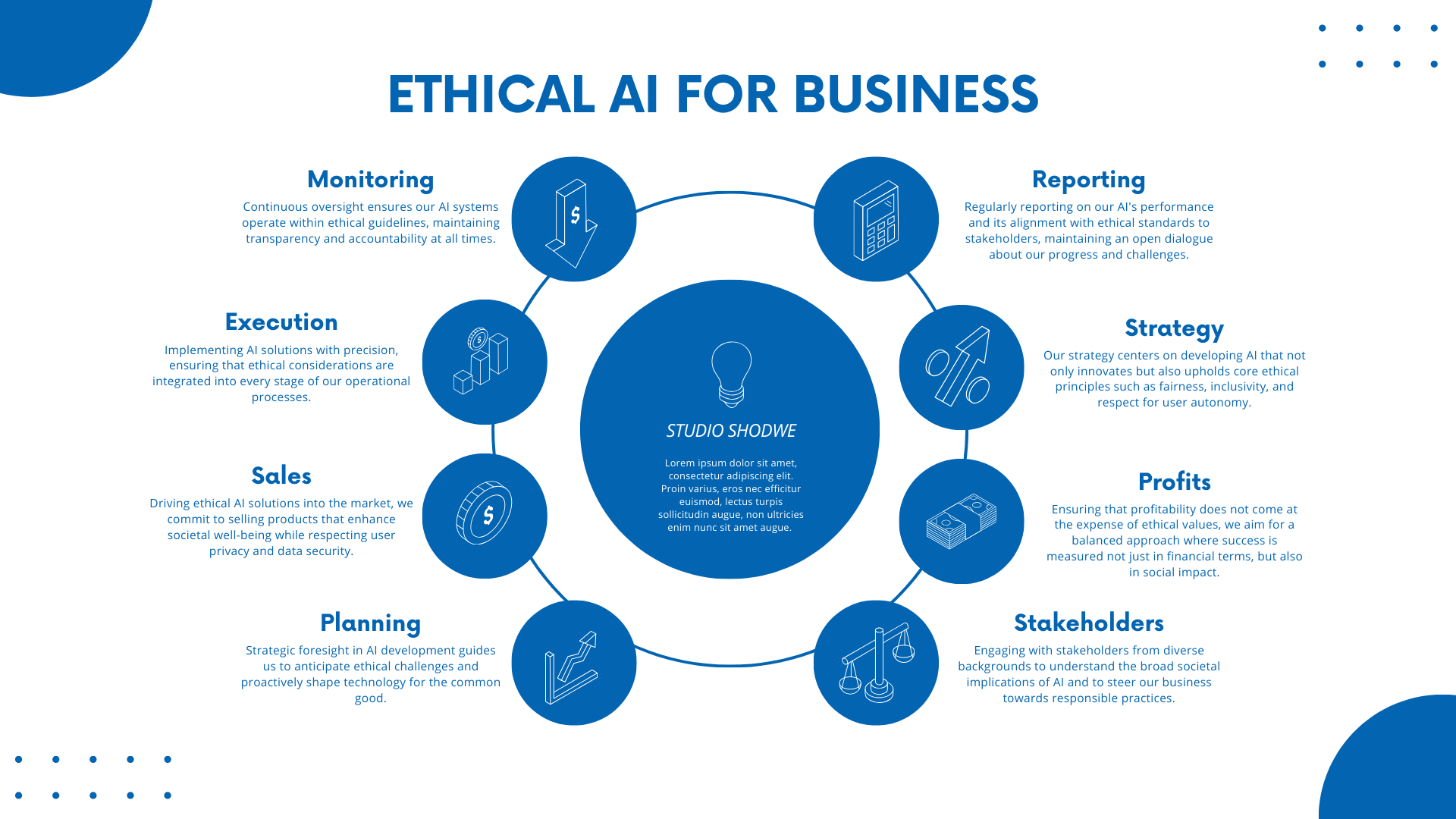The Significance of Integrating AI with CRM
Content:
- Introduction
- Enhanced Customer Insights
- Personalized Customer Experiences
- Efficient Task Automation
- Predictive Analytics
- Improved Customer Support
- Data-Driven Decision-Making
In the ever-evolving landscape of business and technology, staying competitive means not just keeping pace but also staying ahead of the curve. The integration of Artificial Intelligence (AI) with Customer Relationship Management (CRM) systems represents a significant leap forward in this endeavor.
It's a game-changer that is reshaping how businesses interact with customers, make decisions, and optimize their operations. In this blog, we'll delve into the significance of integrating AI with CRM and how it's revolutionizing the way businesses operate.

-
Enhanced Customer Insights
One of the most significant advantages of integrating AI with CRM is the ability to gain deeper and more actionable insights into customer behavior. AI algorithms can analyze vast amounts of data, identifying patterns and trends that would be impossible for humans to uncover manually. This insight allows businesses to understand customer preferences, buying habits, and pain points with exceptional accuracy.
-
Personalized Customer Experiences
Today's customers expect personalization in every interaction with a brand. AI-powered CRM systems can deliver on this expectation by tailoring marketing messages, product recommendations, and customer interactions to individual preferences. This level of personalization not only improves customer satisfaction but also drives higher conversion rates and customer loyalty.
-
Efficient Task Automation
AI can automate a wide range of routine and repetitive tasks, from data entry to email responses. By offloading these tasks to AI, businesses can free up their employees to focus on more valuable and strategic activities. This leads to increased productivity, reduced operational costs, and a more motivated workforce.
-
Predictive Analytics
AI excels at predictive analytics, which involves forecasting future trends and outcomes based on historical data. In the context of CRM, predictive analytics can help businesses anticipate customer needs and market trends. This foresight enables businesses to make proactive decisions, adjust strategies, and capitalize on emerging opportunities.
-
Improved Customer Support
AI-powered chatbots and virtual assistants are transforming customer support. These AI agents can handle routine inquiries, troubleshoot issues, and provide instant responses, regardless of the time of day. This not only enhances the customer experience but also reduces the burden on human customer support agents.
-
Data-Driven Decision-Making
Incorporating AI into CRM equips businesses with powerful analytics tools. These tools allow organizations to make data-driven decisions with a high degree of precision. Whether it's optimizing marketing campaigns, forecasting sales, or identifying areas for process improvement, AI empowers businesses to make better decisions that drive growth.

The integration of AI with CRM is not just a technological advancement; it's a strategic imperative for businesses looking to thrive in the digital age. It's about leveraging the power of AI to gain deeper customer insights, deliver personalized experiences, automate tasks, predict future trends, enhance customer support, and make informed decisions.
Salesboom's AI Edition exemplifies the significance of this integration. By seamlessly merging AI capabilities with CRM systems, Salesboom empowers businesses to unlock the full potential of AI for customer engagement and business operations.
In our next blog post, we'll explore how Salesboom's AI Edition is reshaping the landscape of CRM and AI integration through real-world examples and success stories. Stay tuned for more insights into the transformative power of AI in CRM!
Please reach out to us with your specific requests for an AI app and we can make it a reality.